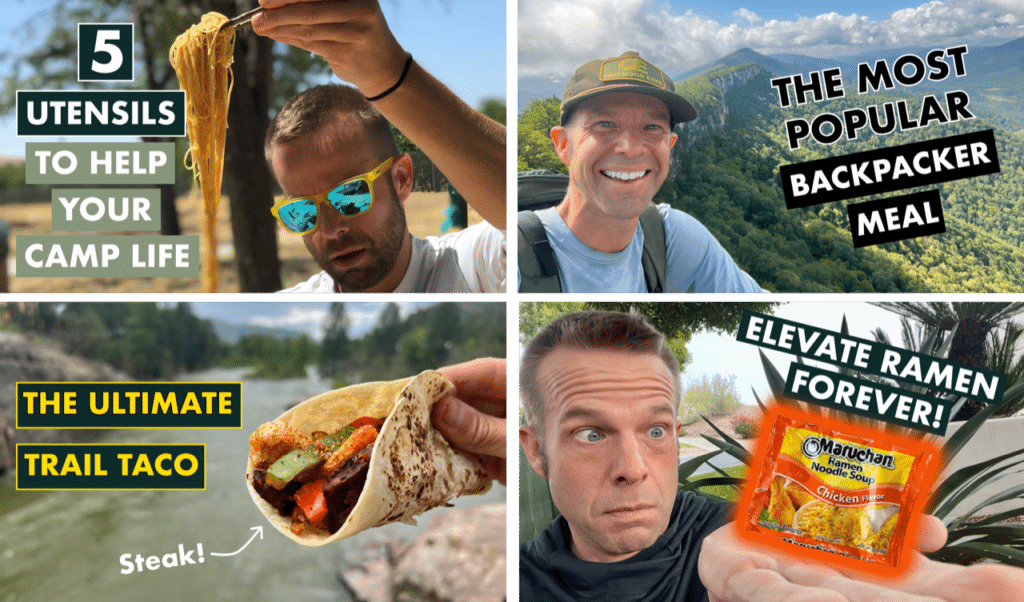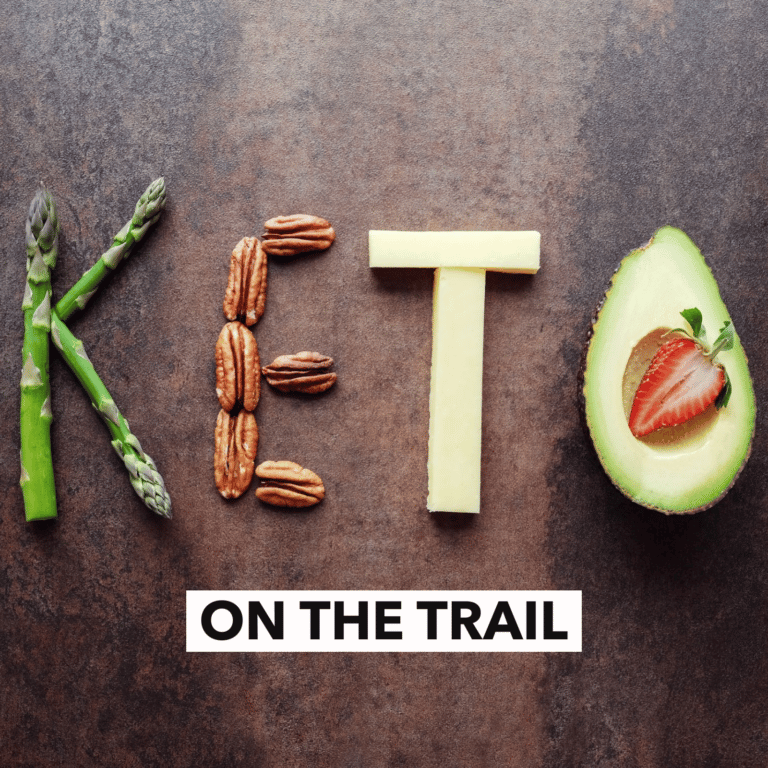
Keto on the trail
By Chef Corso
As folks head out on the trail, I get a lot of questions about different ways of eating and how to accommodate a dietary restriction while hiking and camping. In this article, we are going to dig into Keto meal planning on the trail. I’ll share some of my experiences with eating this diet inside in a kitchen for a few months and how it can translate to some helpful and tasty ingredients to pack along outdoors. At the end, I’ll share a few recipes to consider for future trips.
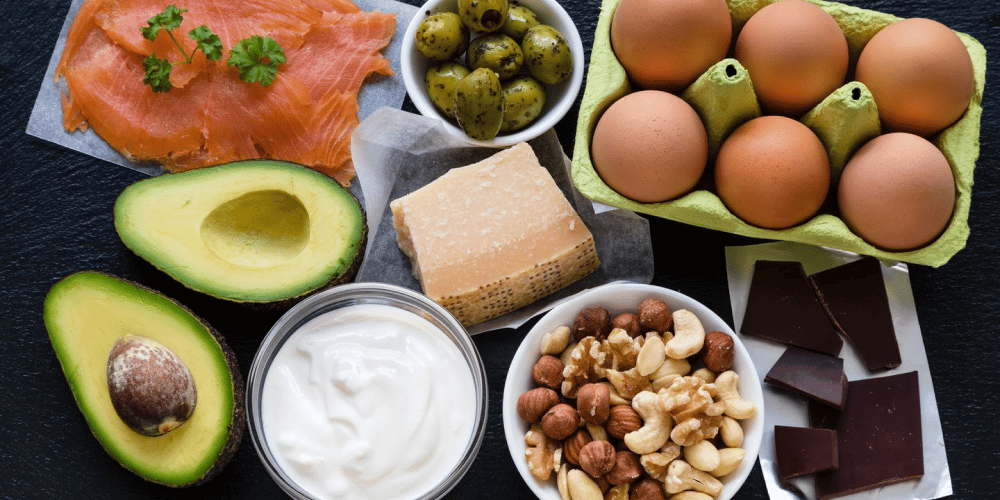
First off, my normal way of eating is pretty omnivore. I love vegetables, legumes, a nice mix of diary and meat/plant based protein. I also love mixing up my flavors from classic American to Mexican to Thai and beyond.
But earlier this year I did an experiment on myself and in the kitchen to see how it felt to eat Keto for 2 months. A note: I am not a nutritionist or a dietitian. I’m a curious chef that loves exploring different styles, flavors and ingredients while cooking. If you have specific needs for your diet, please be mindful of those and consult with a trained professional.
The coming paragraphs are thoughts on my experience. If you would like more specific recommendations from a registered dietician, check out this article from Backcountry Foodie.
For those of you out there that aren’t clear on what Keto is, here is a straight up definition:
The keto diet (also known as the ketogenic or ketovore diet) consists of high-fat, low-carbohydrate meals, snacks, and beverages. This diet encourages your body to make ketones from fat. Ketones are then used as fuel. To be keto fueled, you generally shouldn’t eat more than 50 grams of carbohydrates daily. 75-90% of total daily calories come from fat.
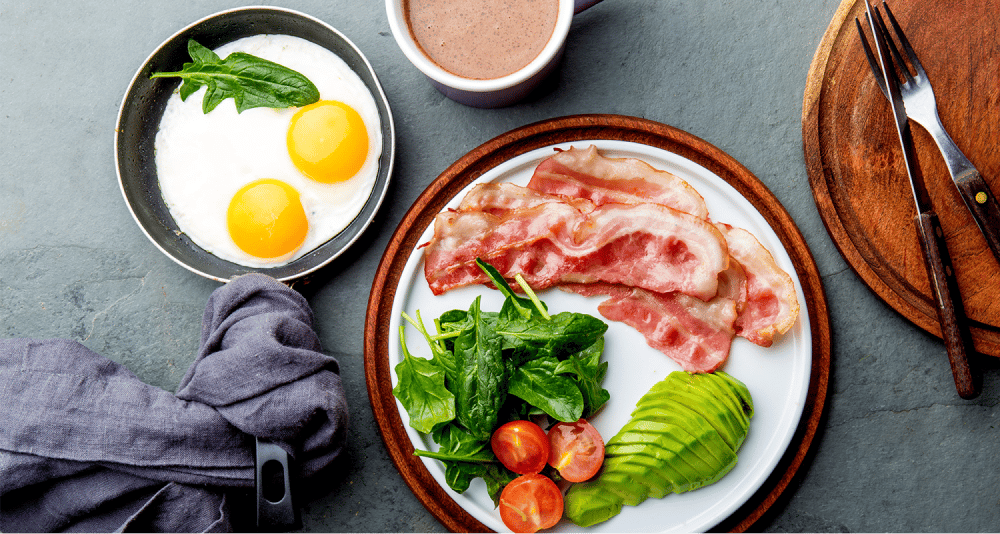
How this differs from low carb eating is a majority of your calories need to come from fat, rather than other sources. This is vastly different from much of the dietary coaching we get from the USDA or other health resources. It also goes against most cultural pantries as many have some sort of carbohydrate at their base (breads, potatoes, rice, noodles, etc) and sweets whether coming directly from fruits, crafted desserts or other refined sugar sources. The thinking is that once your body has digested and purged through the current carbs in your body, it moves on to fats and protein. For some folks, it’s an option for weight loss that can be very effective based on your overall health or weight targets.
Also, our brains normally run on mostly sugars and glucose and it seeks these calories first. When they aren’t present, they move on seeking fat or ketones for energy. Stored or newly eaten.
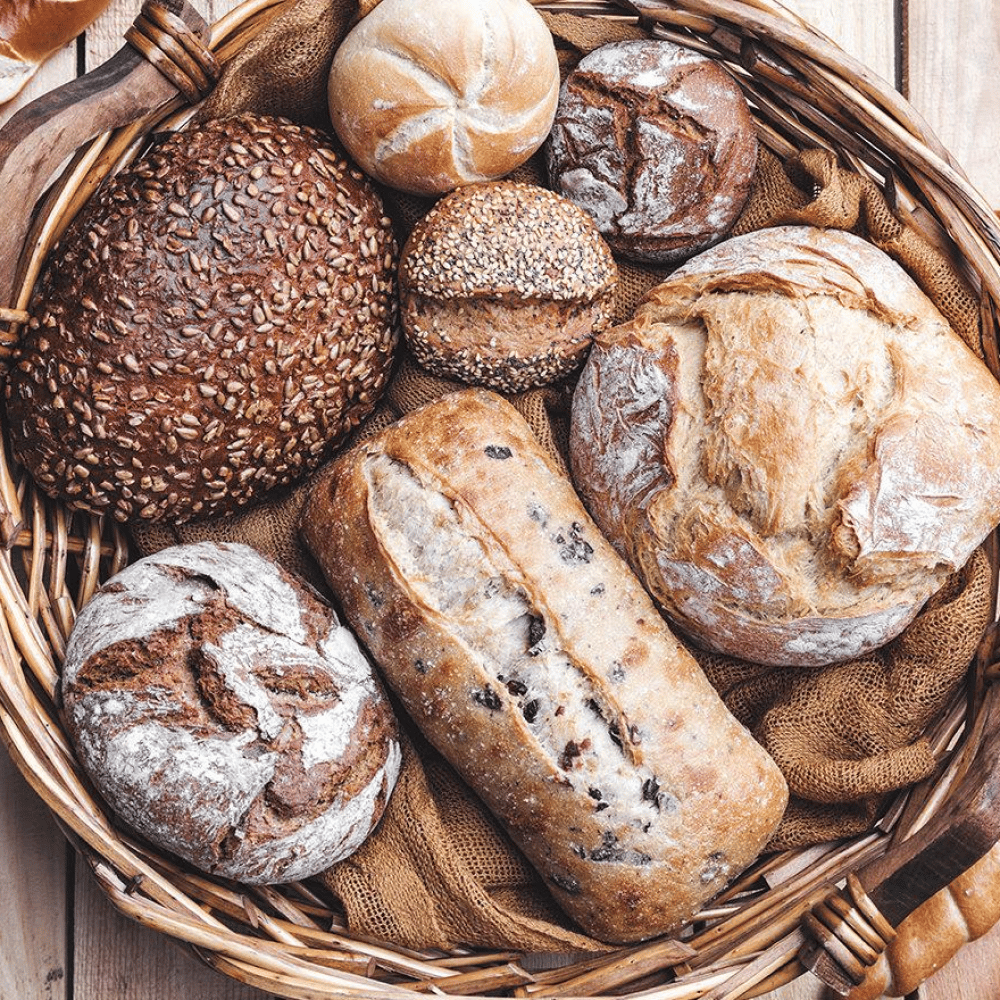
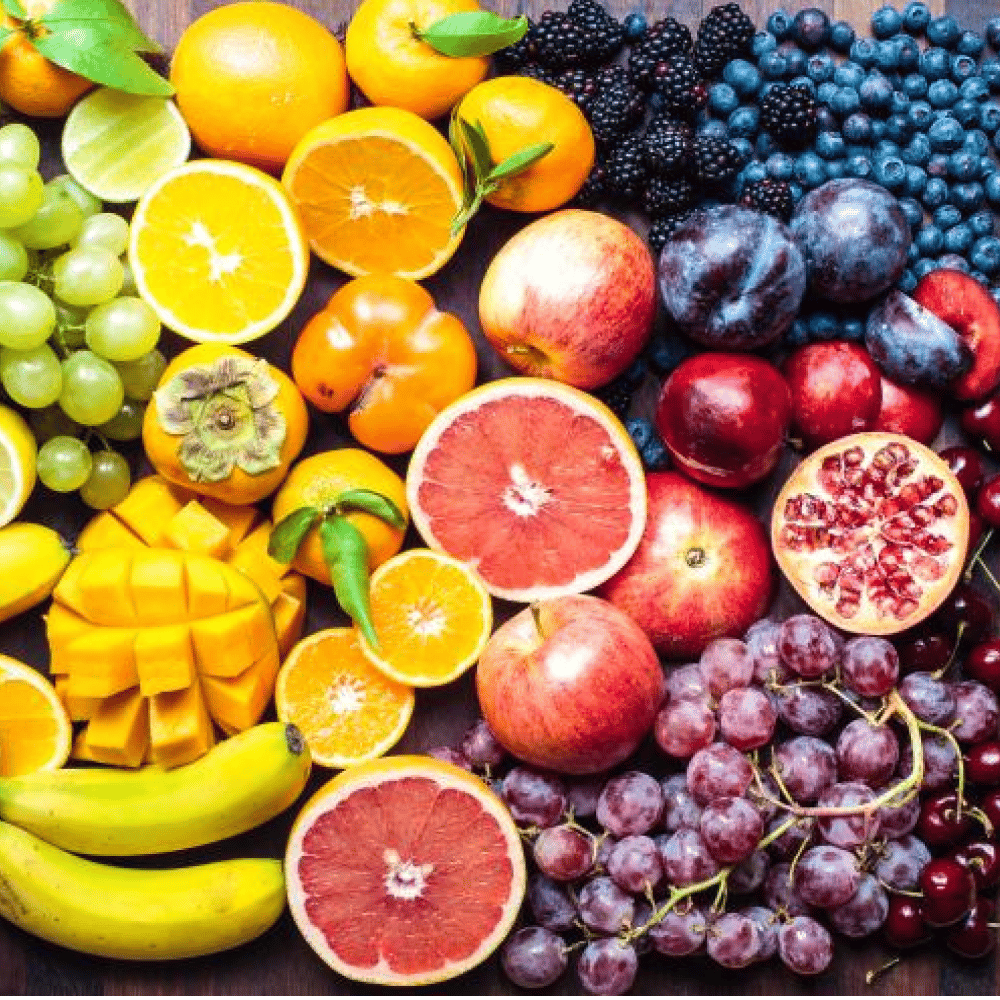
Also from a nutritional perspective the body thinks of a carb and a sugar is pretty much the same thing. It doesn’t matter if it comes from bread, a fruit, or a sugar.
So if our focus is fat, I started there. I really had to shift my normal diet to include multiple fats and way more of them. Olive oil, butter, coconut oil and full fat diary items like sour cream and yogurt became a main member in the pantry.
Other ingredients where fat can be high is meat protein. Often I would cut off the excess fat, but for Keto, I kept it on.
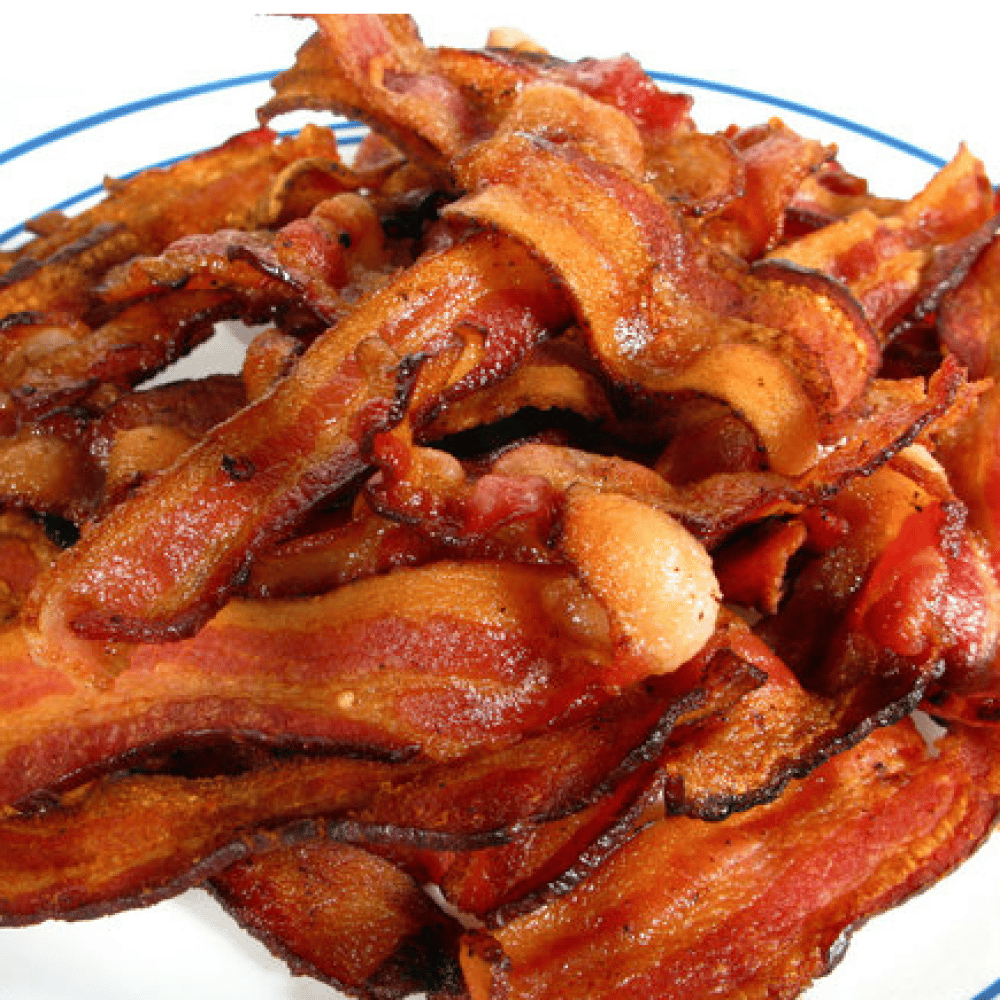
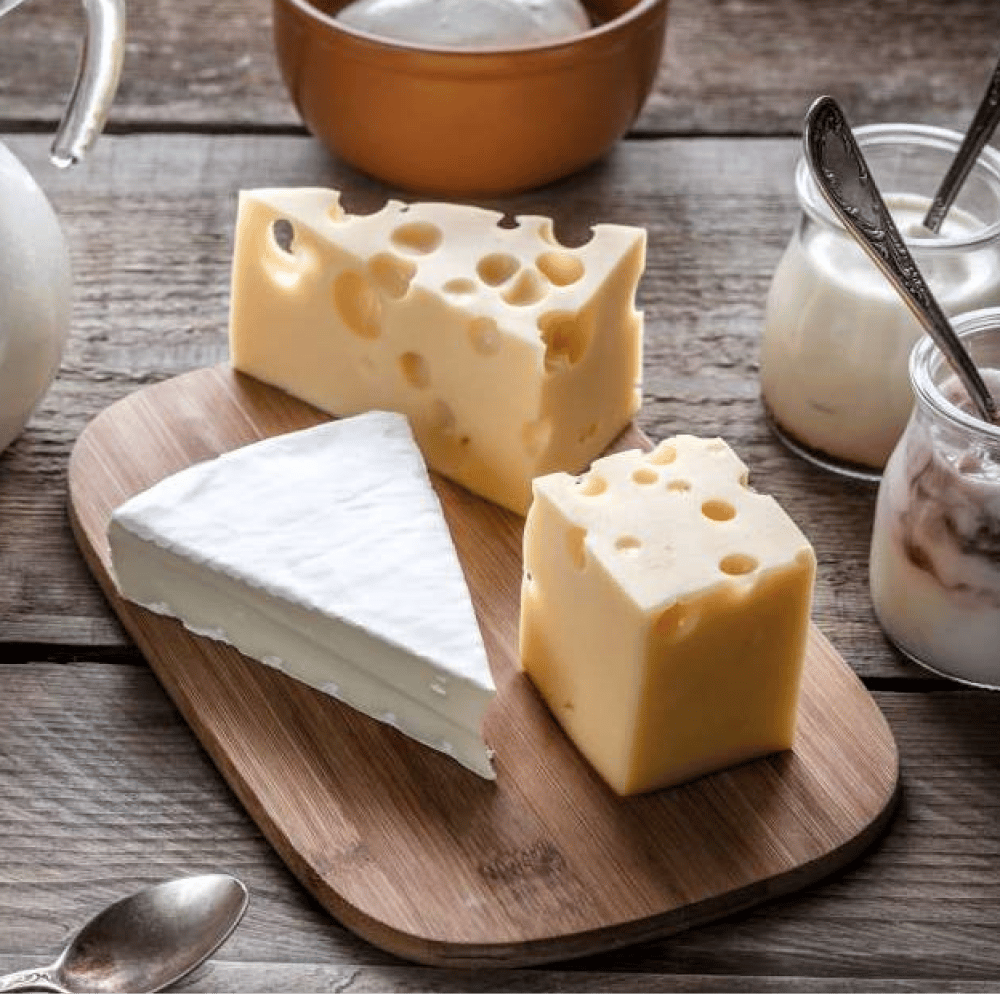
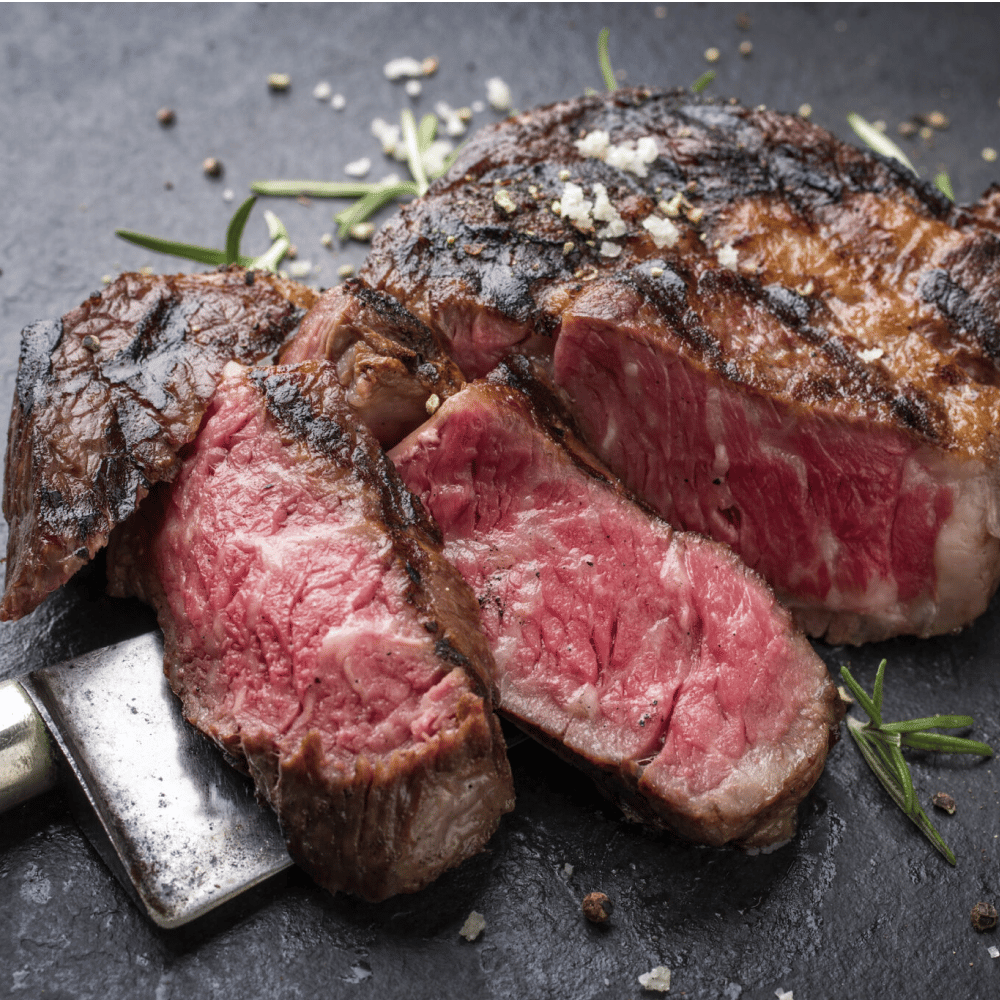
Some early recipes were pretty straight forward. Protein heavy, covered in cheese and creamy sauces. Or sandwiches modified to be lettuce wraps or meat plates. I also ate a fair amount meat and cheese bites as a snack.
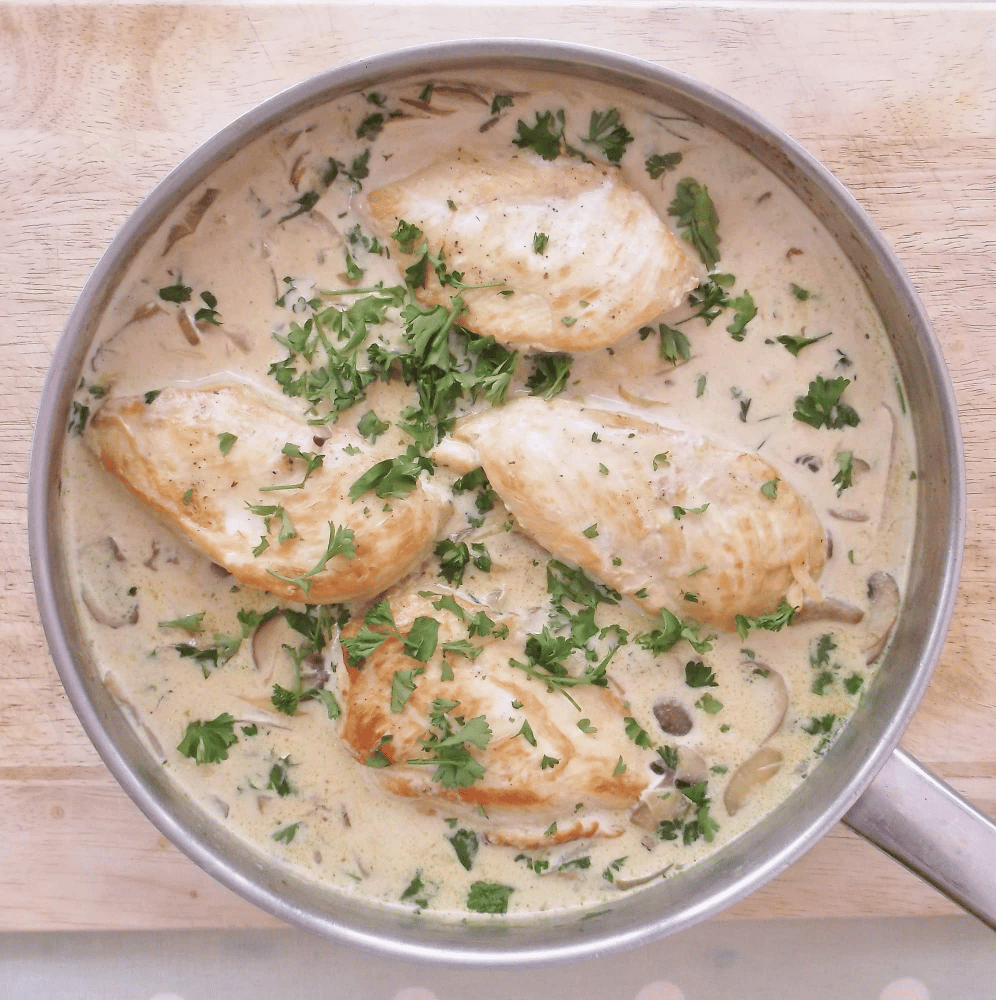
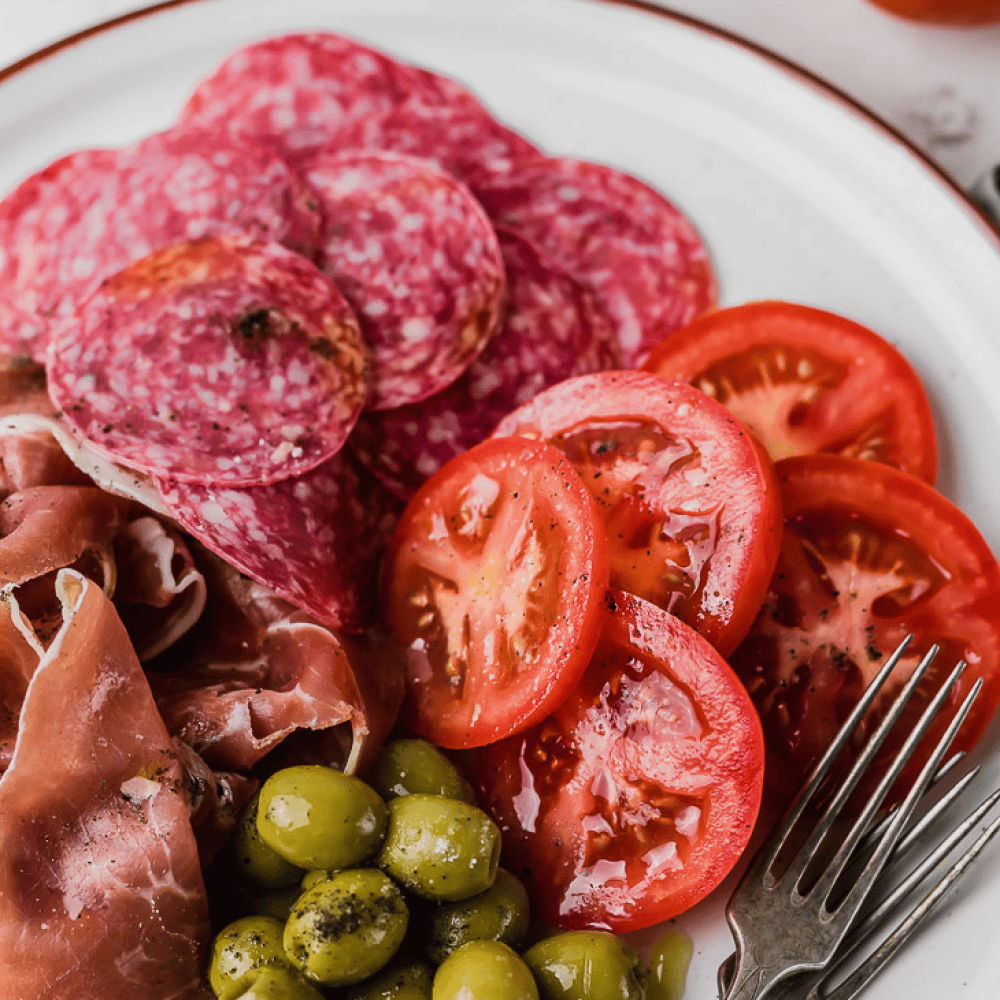
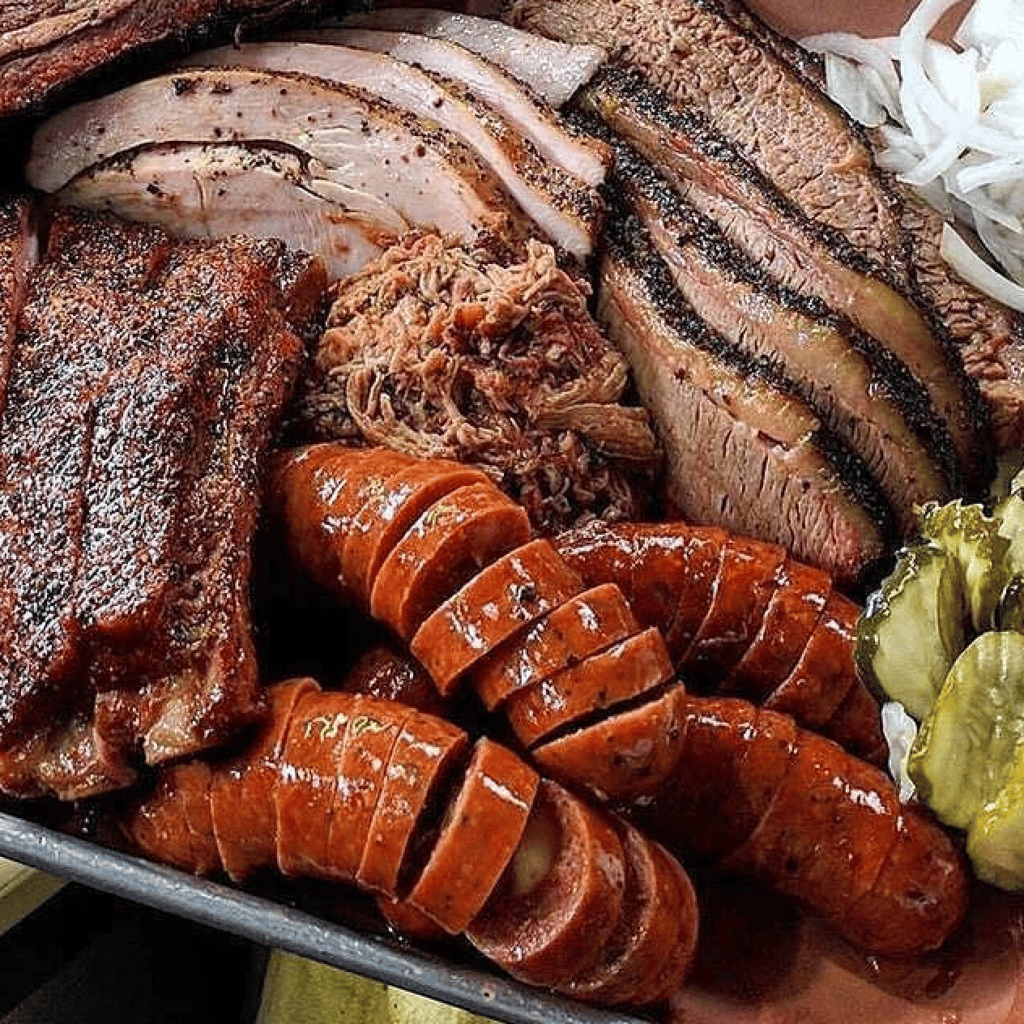
My body adapted well but my mind was a little wacky at first as eating this amount of fat was not normal for me.
I quickly grew tired to just “piles of meat” so I started to experiment with braised meats and hearty soups or stews. Honestly, I also became very stopped up in the pipes with all of this protein and not enough fiber from vegetables so I shifted to Asian flavored veggie stir frys with a lot of green vegetables like broccoli, dark leafy greens, green bell peppers and brussel sprouts, as they all are very low carbs and high in fiber. I also started to enjoy high protein, high fat salads like Cobbs and Chefs style salads. For dinner, I made many asian soups with a mix of protein and low carb veggies topped with a few 2 TBs of coconut oil or butter. Additionally, I ate at least an avocado a day.

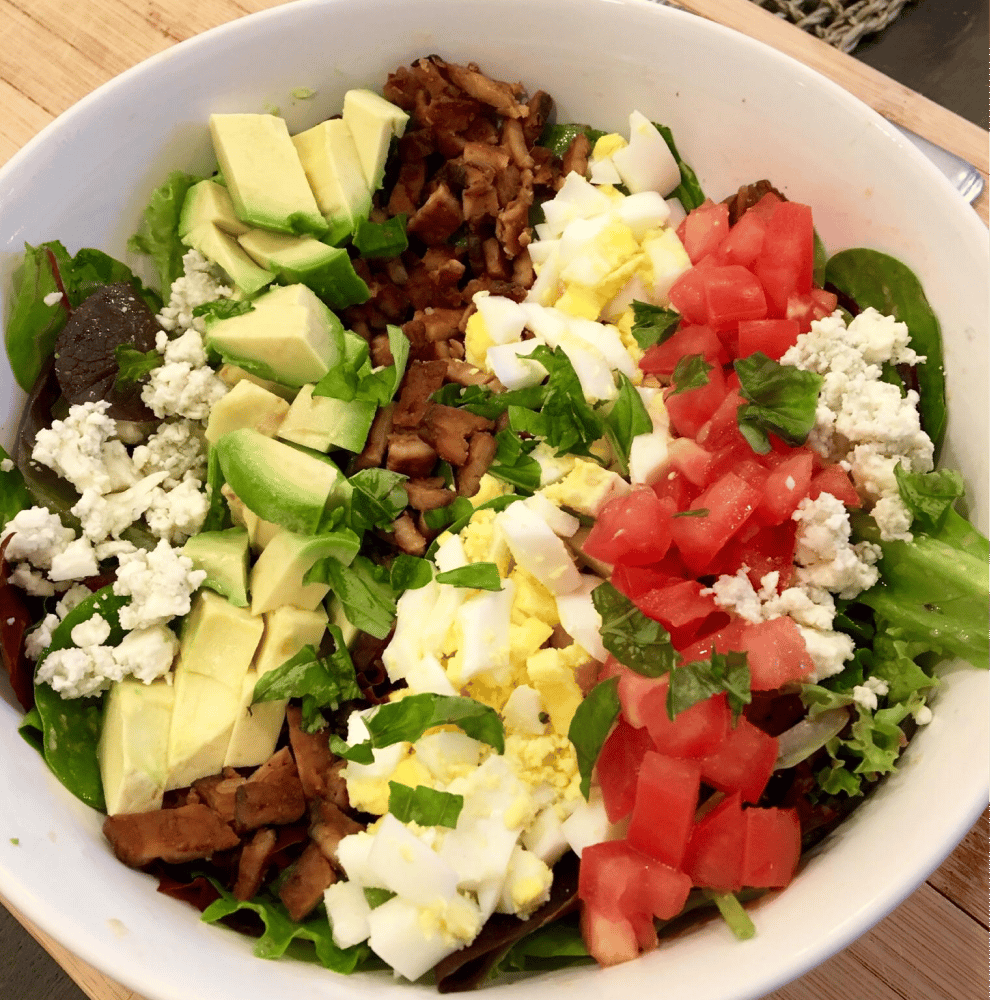
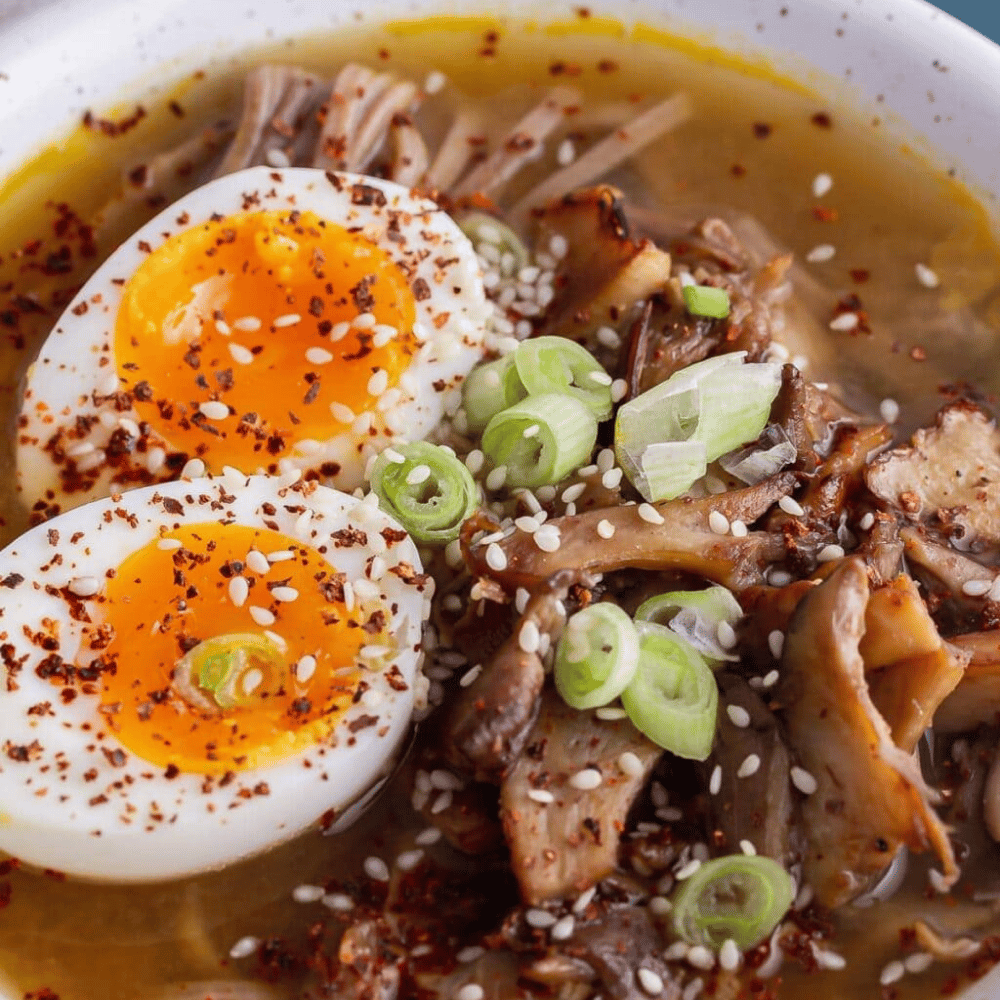
After the first few weeks, I had purged my system of most sugars and I felt quite good in my digestion and energy level. I had trimmed down in my belly and abdomen and didn’t feel any “keto fog” as many report.
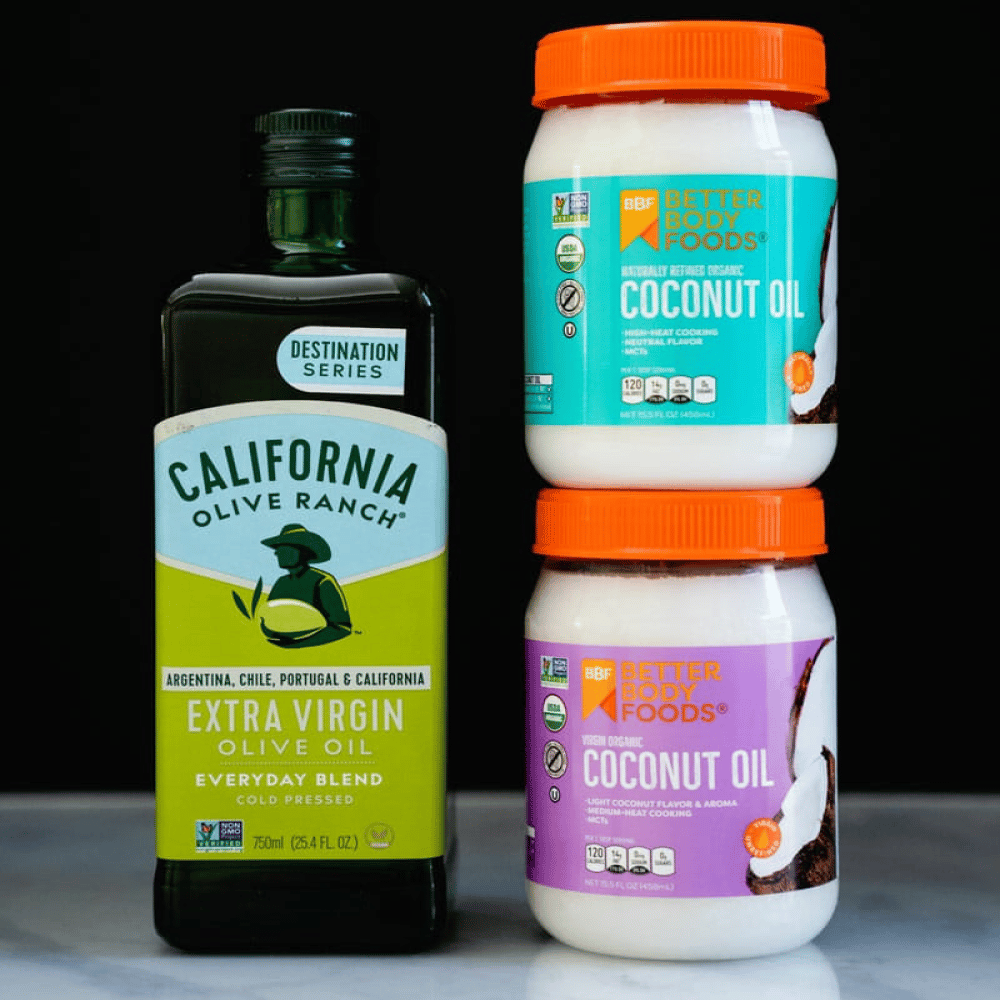
But what I did start to notice, which isn’t a bad thing, is that I actually wasn’t that hungry very often. As I started to analyze why, I noticed that I was eating too large of portions for what my body needed. And those portions were LOADED with calories. (Fat is the highest and most calorically dense of the macro nutrients at 9 cal/g while protein and sugar are both 4 cal/g)
So what I started doing was decrease my portion per meal time, while still adding butter, cheese or other items to keep my fat intake at a target level. And wow! After a few days, I didn’t feel as bloated or full. Energy level was very solid and consistent. There was no afternoon lull and I could keep charging on work or exercise. All of this took me about 4-6 weeks to figure out and it takes time for your body to adapt to new shifts.
One dish that I found myself eating a lot of was creamed spinach. I rarely eat it on a normal basis as it’s a pretty rich dish, but wilted spinach plus butter, sour cream/yogurt, garlic, salt and pepper and any cheese you want to add to it was quite tasty and satisfying. I added a bunch of brie and it was amazing. (This was also a byproduct of buying a bag of spinach from Costco…you know the one. It’s big. Like really big. I needed to eat it up)
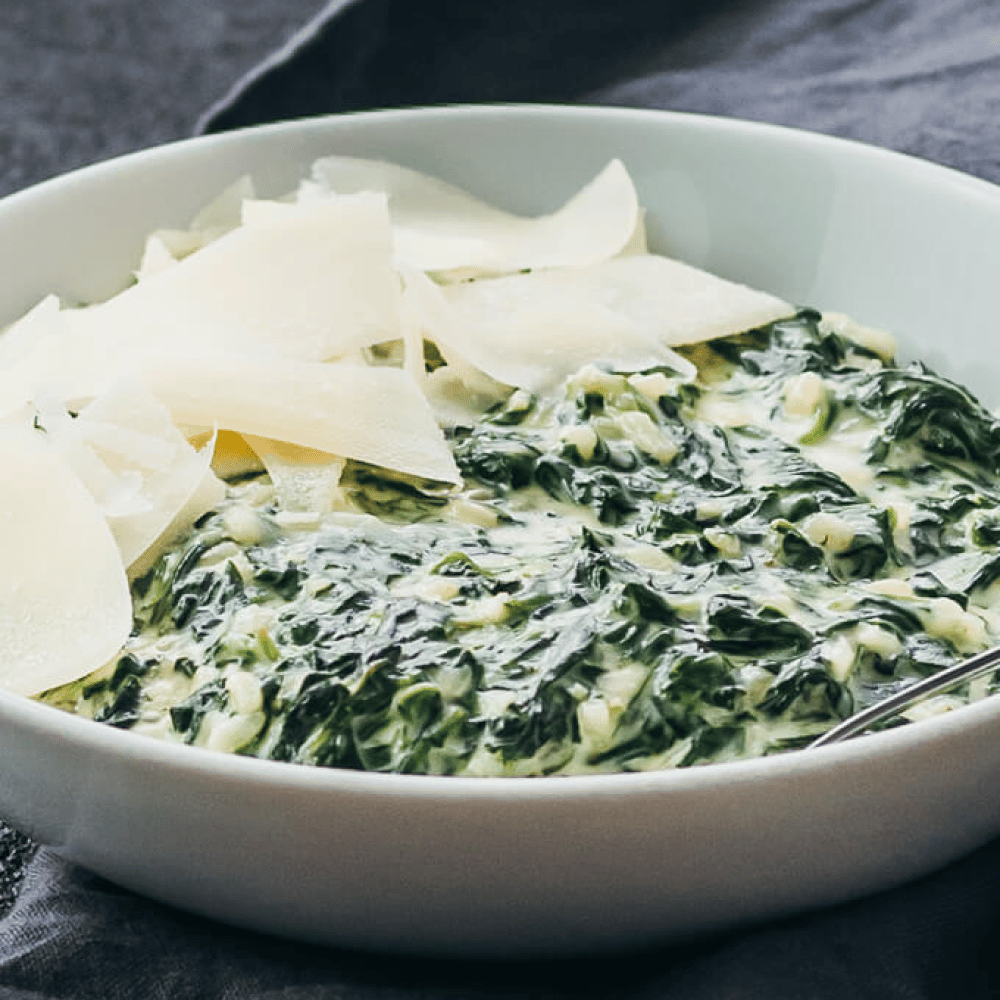
Here are some of my other favorite meals during my keto experiment:
Eggs, brie, spinach scramble or bake it into a frittata
Miso soup with protein, veggies + butter
Avocado, bacon and eggs
Indian meat and vegetable curry + coconut oil
Braised pork in any style, leaving fat on
Roasted cauliflower w/ coconut oil
Italian Lettuce wraps with salami, ham, cheese, mayo, mustard
Burger plate: Grilled burger, cheese on a bed of lettuce and all the fixings and sauces.
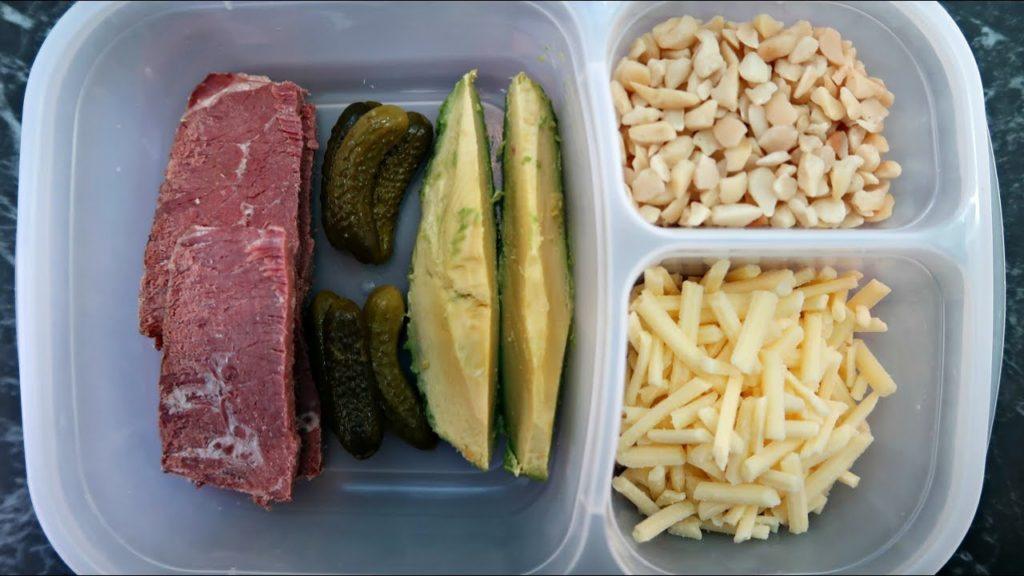
For crunchy crispy snack cravings I chose pork rinds (some brands not from a gas station are actually quite tasty), macadamia nuts, cut up raw vegetables, parmesan crisps and landjaegers(meat sticks).
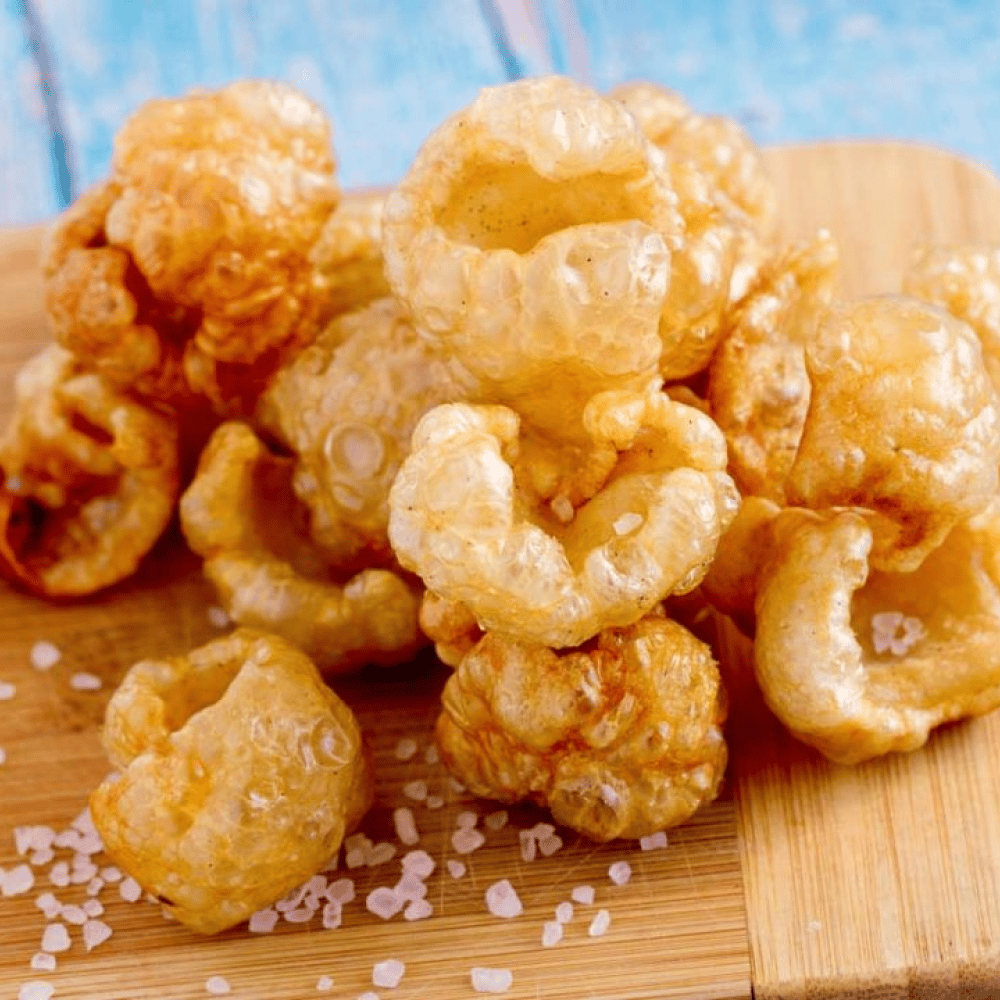
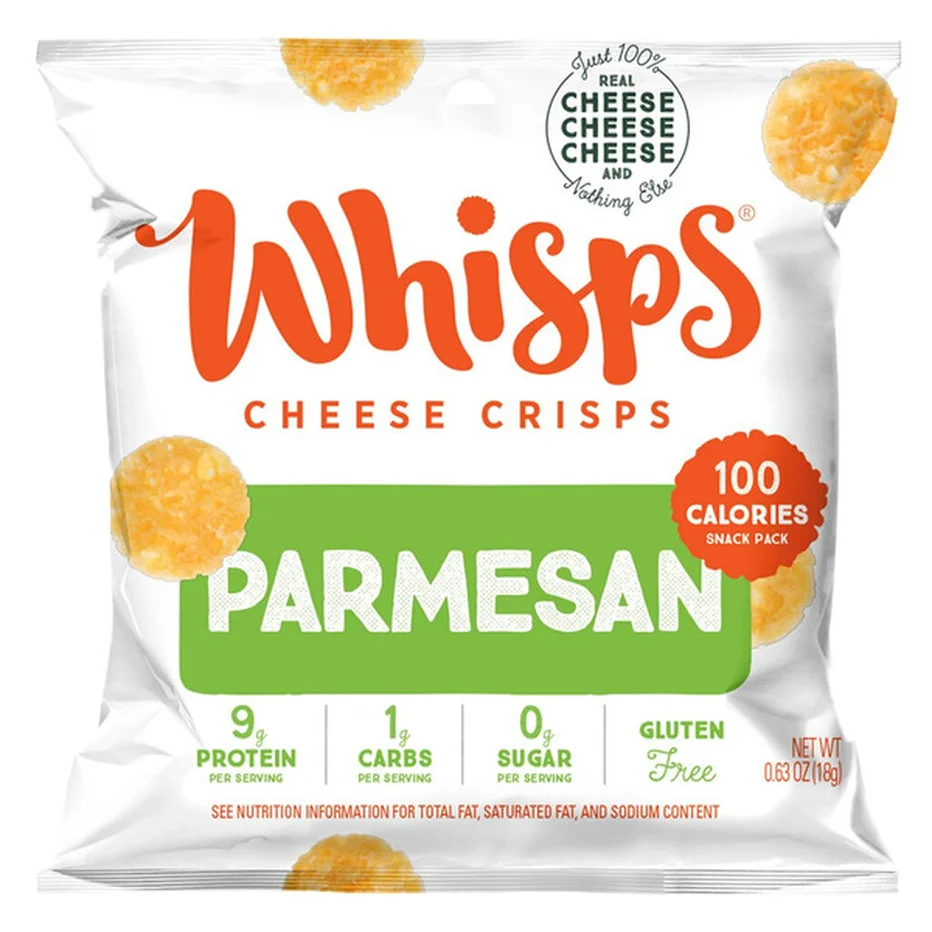
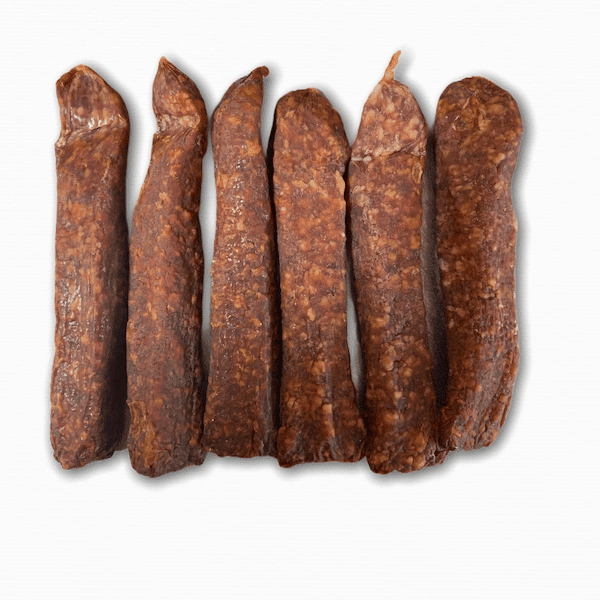
I did try some keto bread but I found it to be not that great or worth the effort. Other carb substitutes that were solid were cauliflower rice and kelp noodles. Both subbed in pretty well for the classic.
One of the “weirdest” things that I can remember eating was a meal at Wendy’s. I was on the road and not able to cook much. The order was a triple Baconator (3 patties, lots of bacon) no bun and extra extra mayo. I felt like a neanderthal in the front seat of my car. It did do the job.
As I finished my test, I started thinking about how my experiments inside the kitchen could be translated to trail cooking.
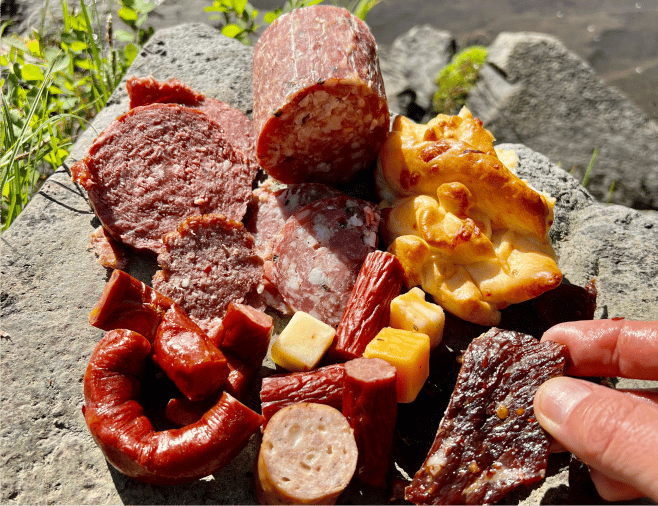
For some hikers, keto trail eating just isn’t going to work. Carbs do provide a great, cheap and easy filling base for a lot of backpacking/camping meals and going high fat and protein is just too challenging.
One factor that often gets overlooked in any diet shift is the food culture and society that you’re in. It can be extremely challenging to maintain your target diet when sliders, street tacos and pasta salads are presented at a friends barbecue. Or you go out to dinner and there’s nothing but sandwiches and French fries on the menu.
Another thing to share is that I wouldn’t recommend changing to keto right before a hike. With all of the activity on the trail and less carbs in your system, you could have very low energy and have higher intake needs. (I did this one time on a volcano climb up Mt. Adams. I shifted to a low carb diet 2 days before the hike. I made it to the top, but let’s just say…I dragged)
Some sauces and flavoring to stay away from on Keto are ketchup, hoisin, jam, honey, flavored yogurt (many have a lot of sugar added) some salad dressings (again, some have sugar added)
Here are some sauces and flavoring that worked well for me:

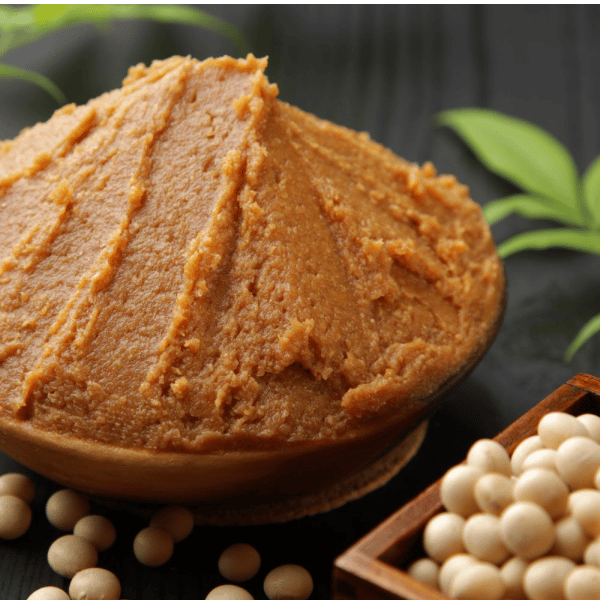
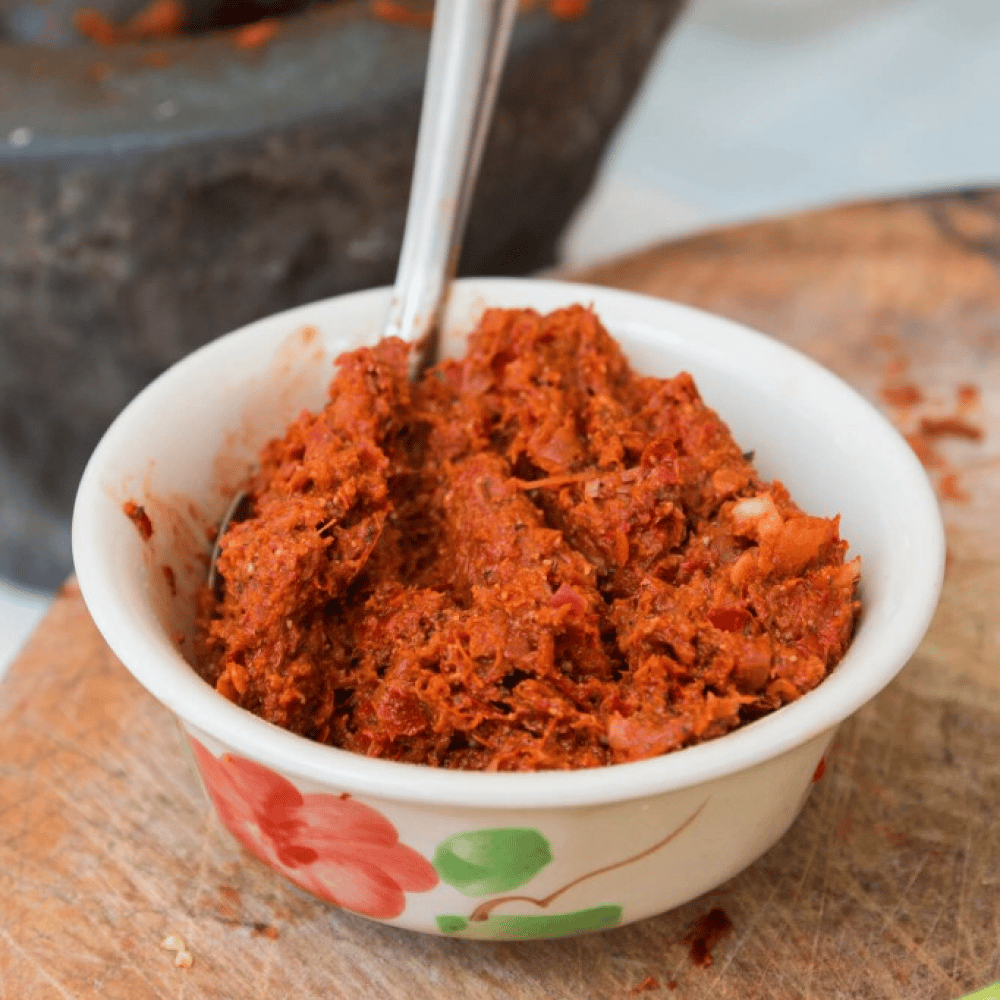
Chili powder
Ginger powder
Garlic powder
Italian seasoning
Other spice mixes
Plain yogurt
Sour cream
Parmesan cheese
Soy sauce
Vinegars
Hot sauces
Thai curry paste
Miso paste
Which veggies to target:
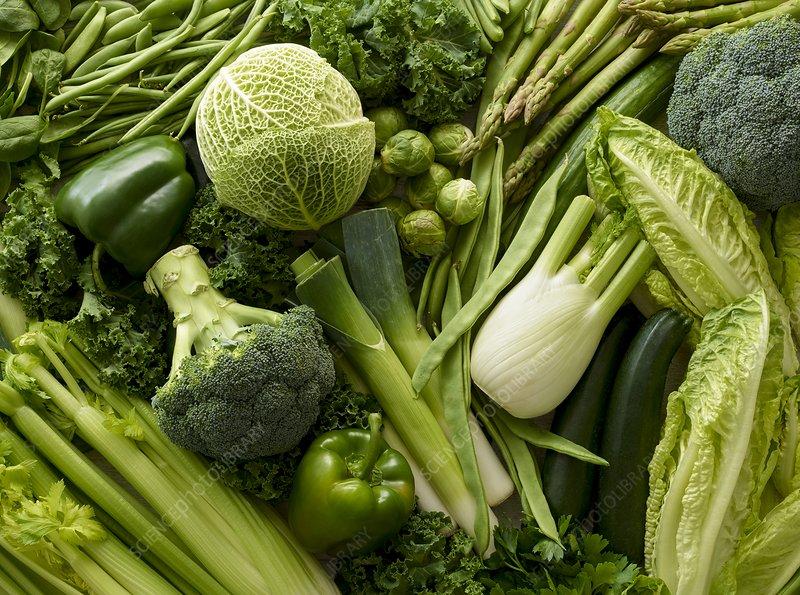
Anything green.
Snap peas, broccoli, greens and kale, bell peppers, brussel sprouts and more are all extremely sturdy and can last longer than you think away from refrigeration, with many lasting for 3-5 days with minimal issue. Avocados are a great option to pack along for shorter trips. Also, look to cauliflower rice as a substitute for starchy rice.
Ingredients to pack:
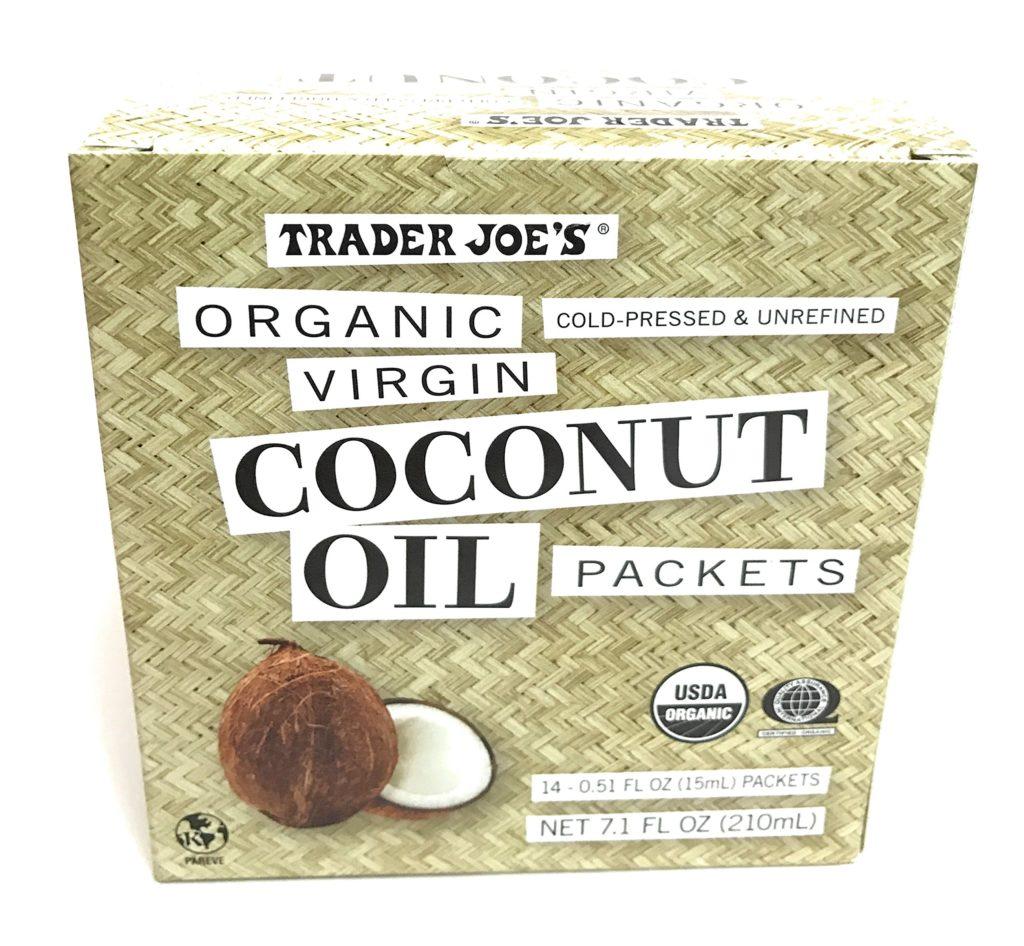
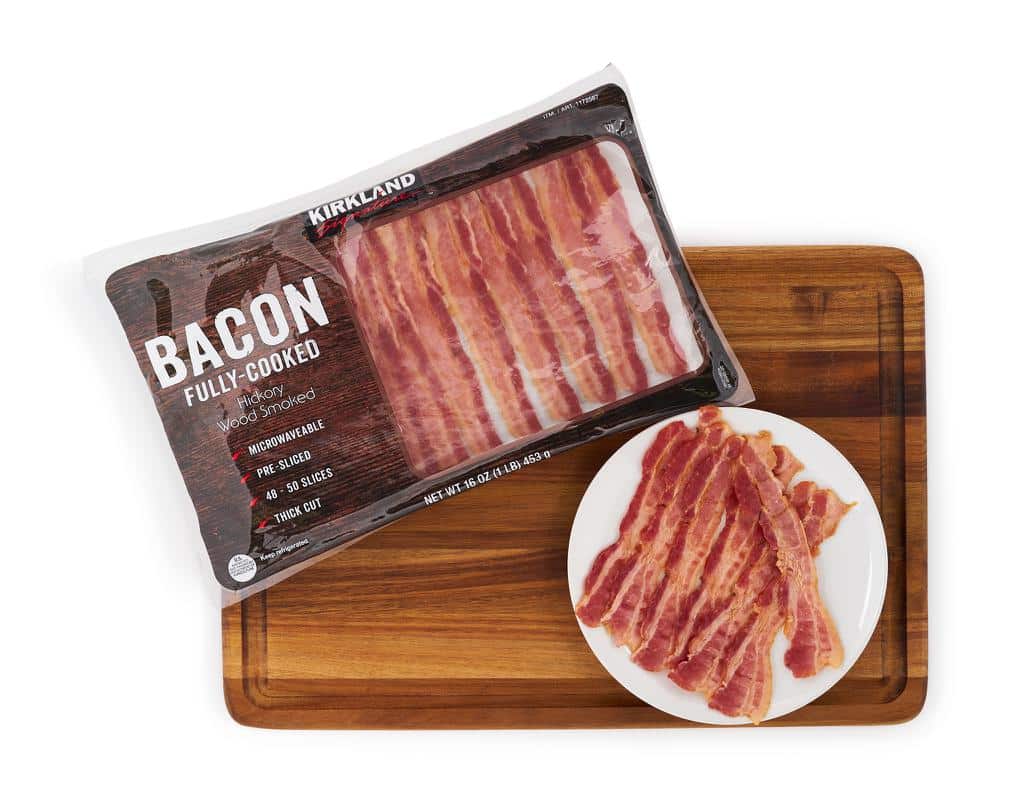
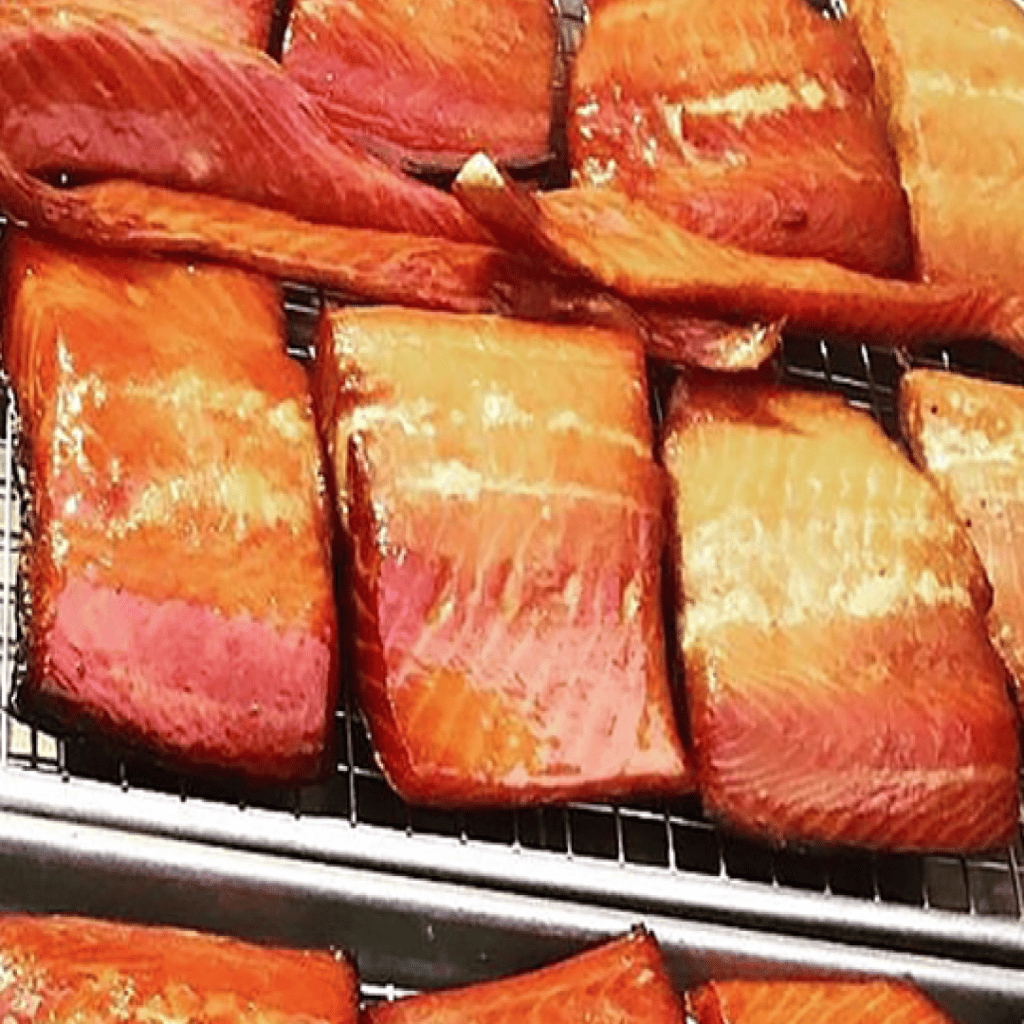
Coconut Oil
Ghee (clarified butter)
Olive Oil
Coconut milk powder
Mayonnaise packets
Mustard packets
Precooked bacon
Packaged chicken
Dry salami
Summer sausage
Country ham
Smoked salmon/trout
Sardines
Cheeses
Parmesan Crisps
Spice mixes (see above)
Soy sauce
Vinegars
Green veggies (see above)
Nuts, specifically macadamia
Trail recipes to target:
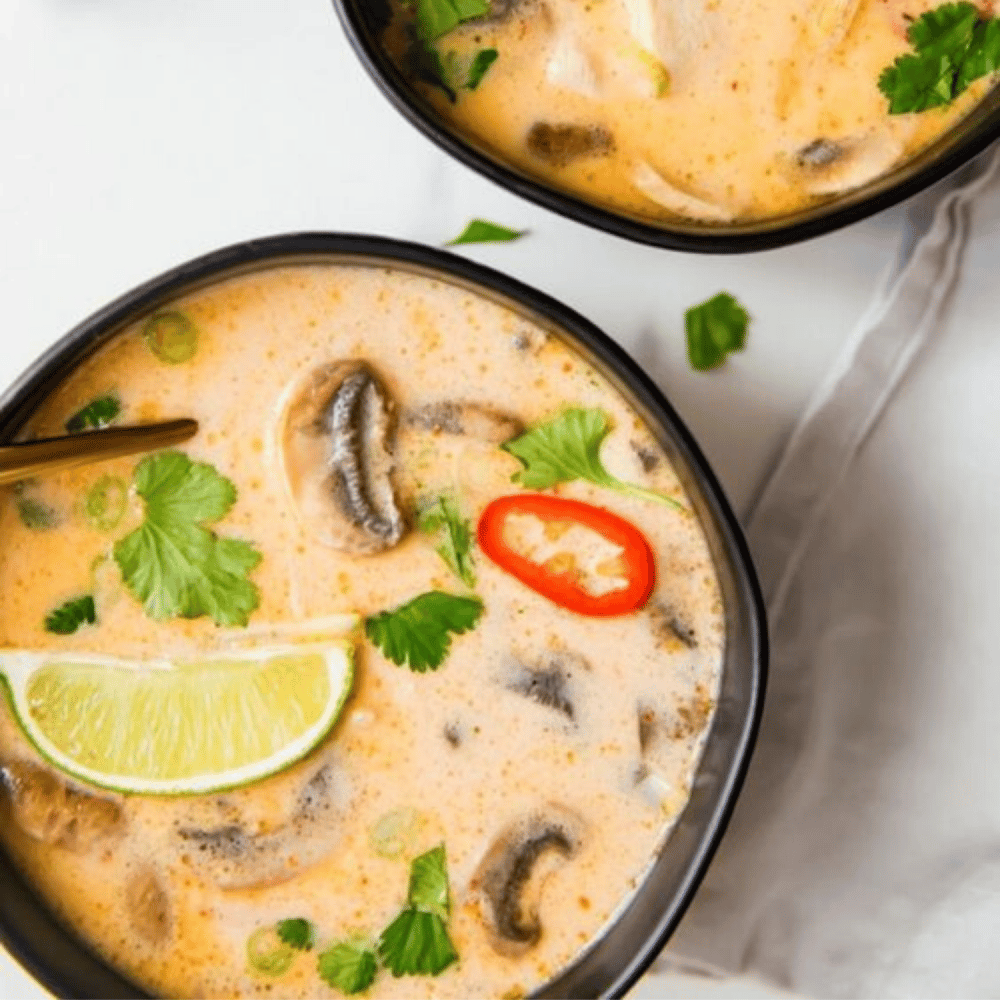
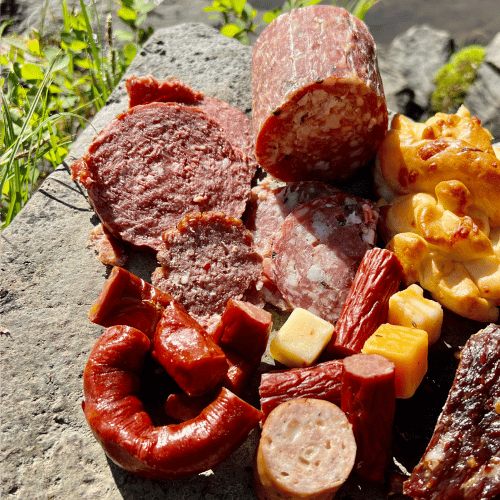
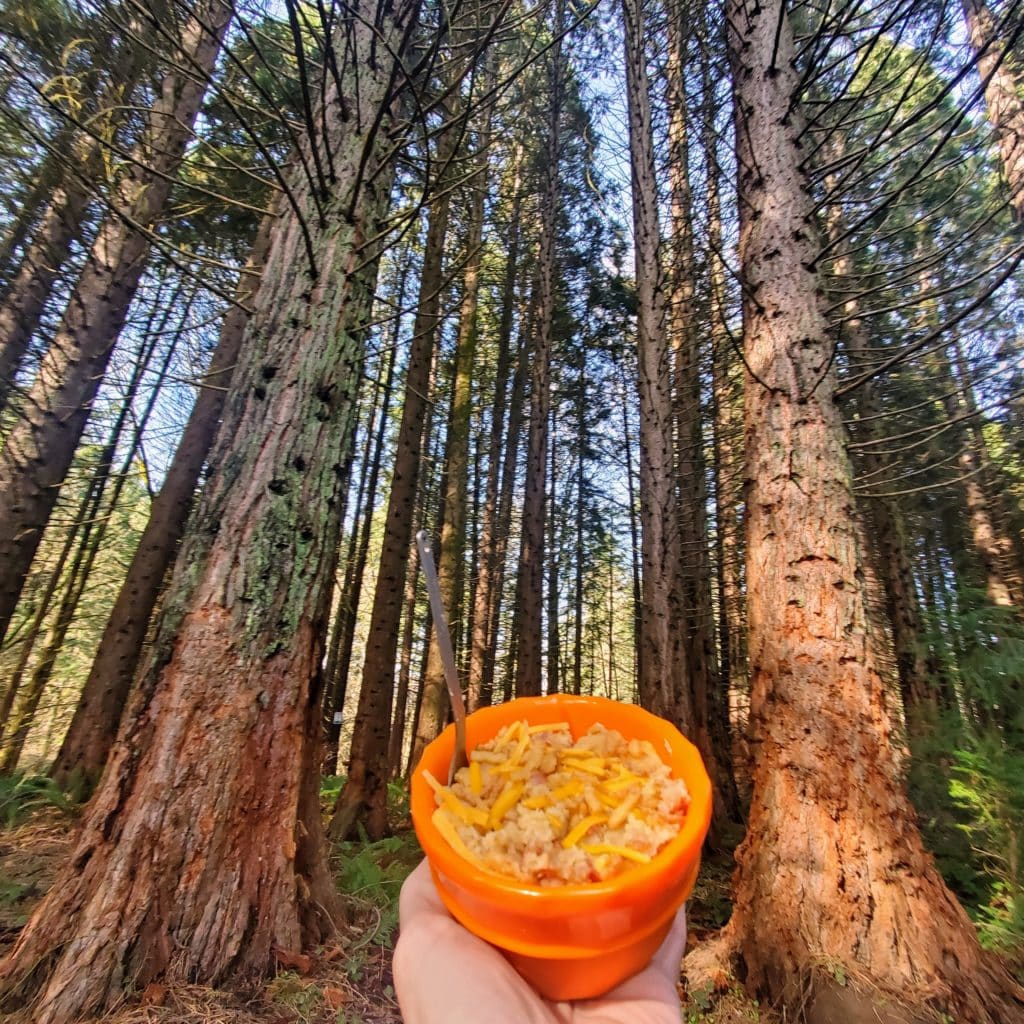
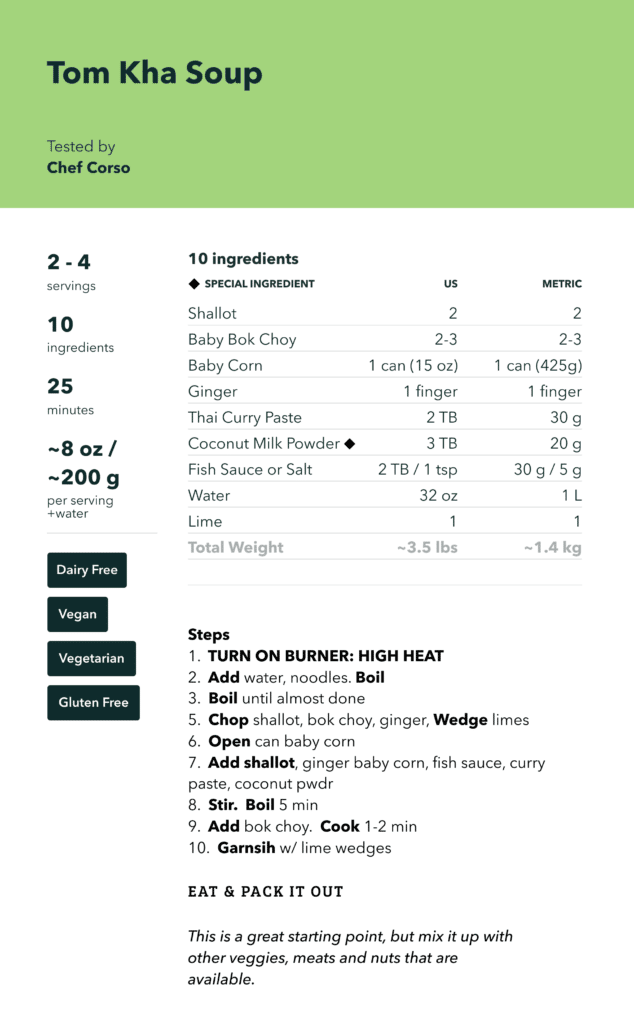
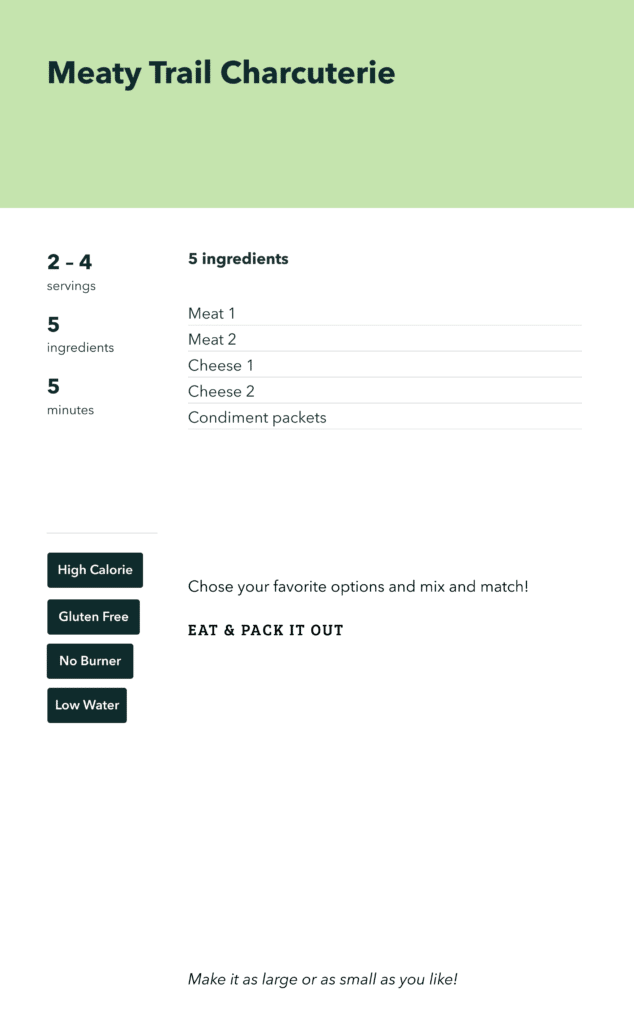
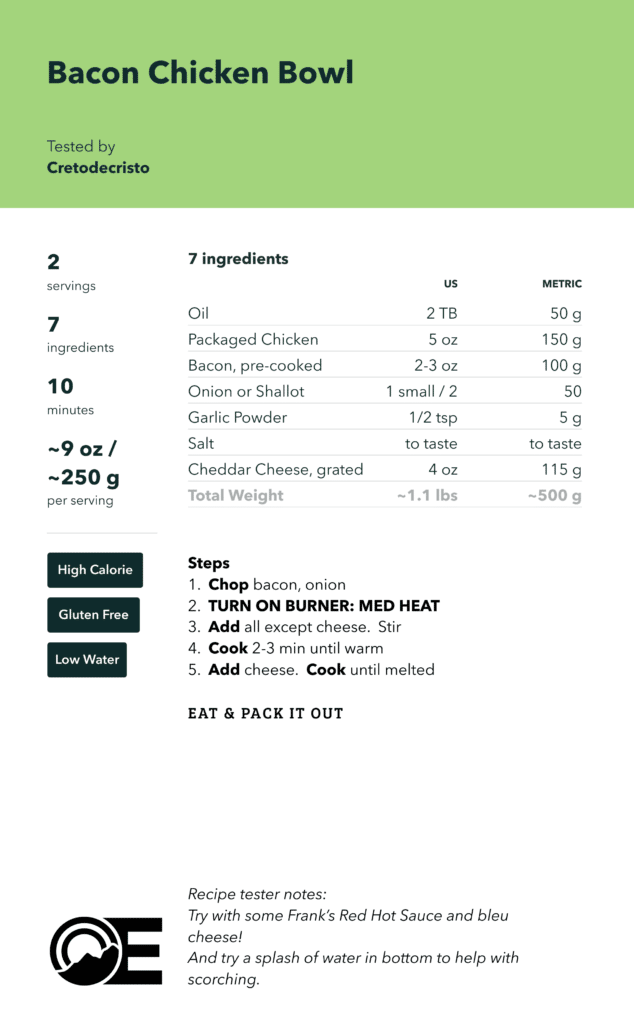
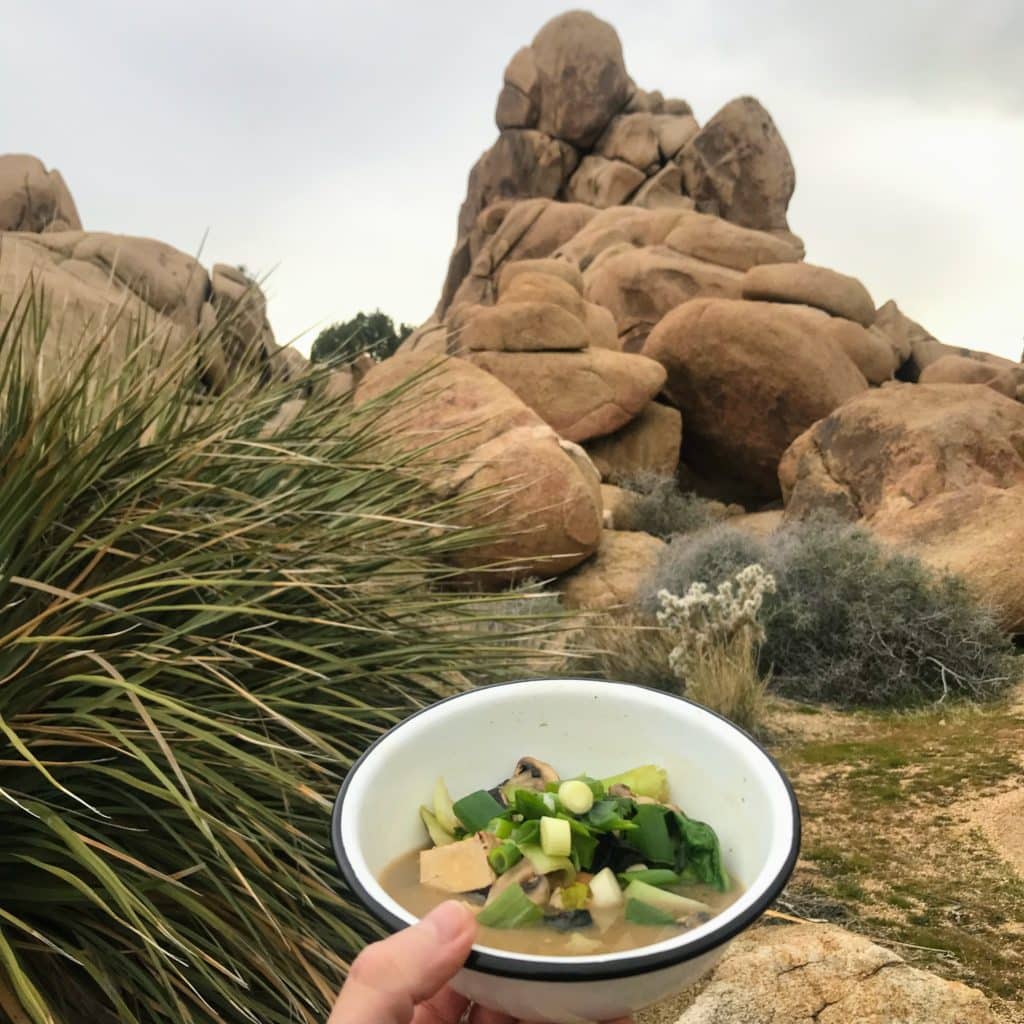
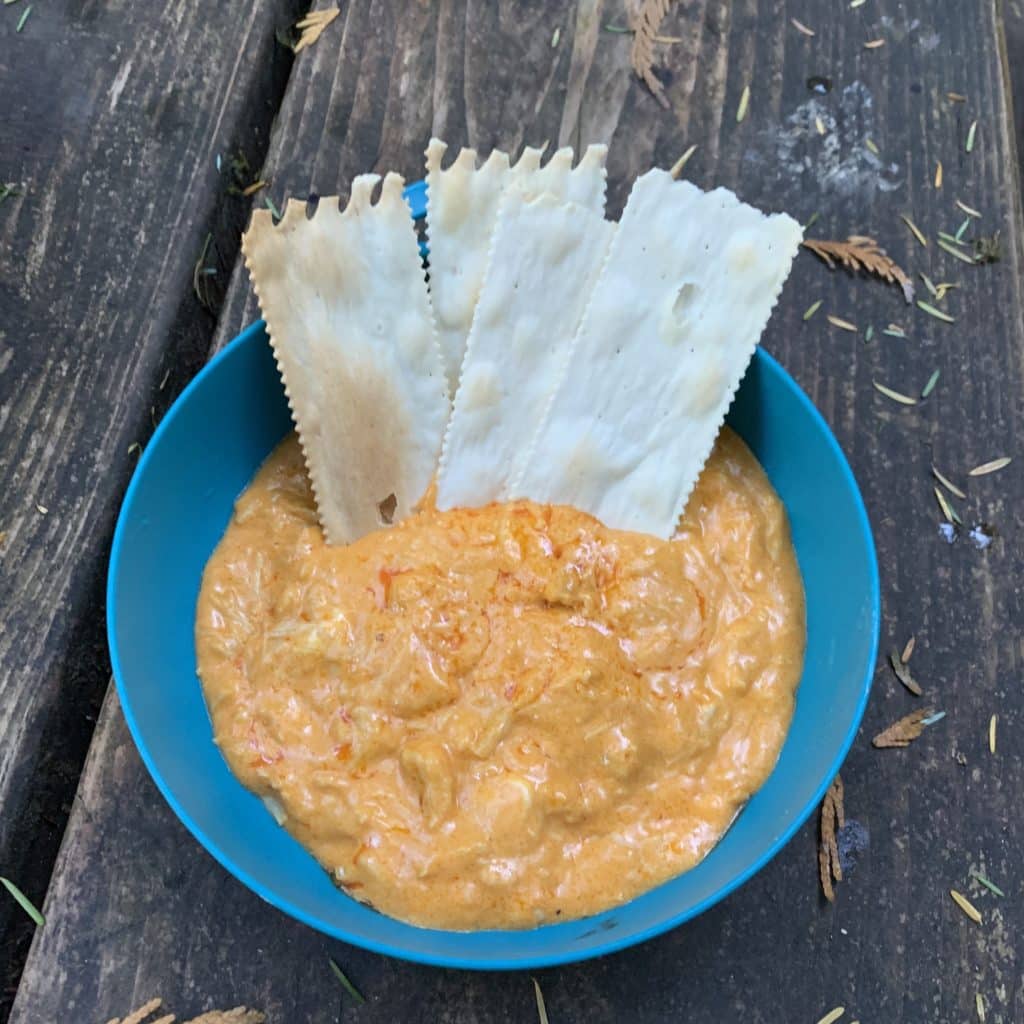
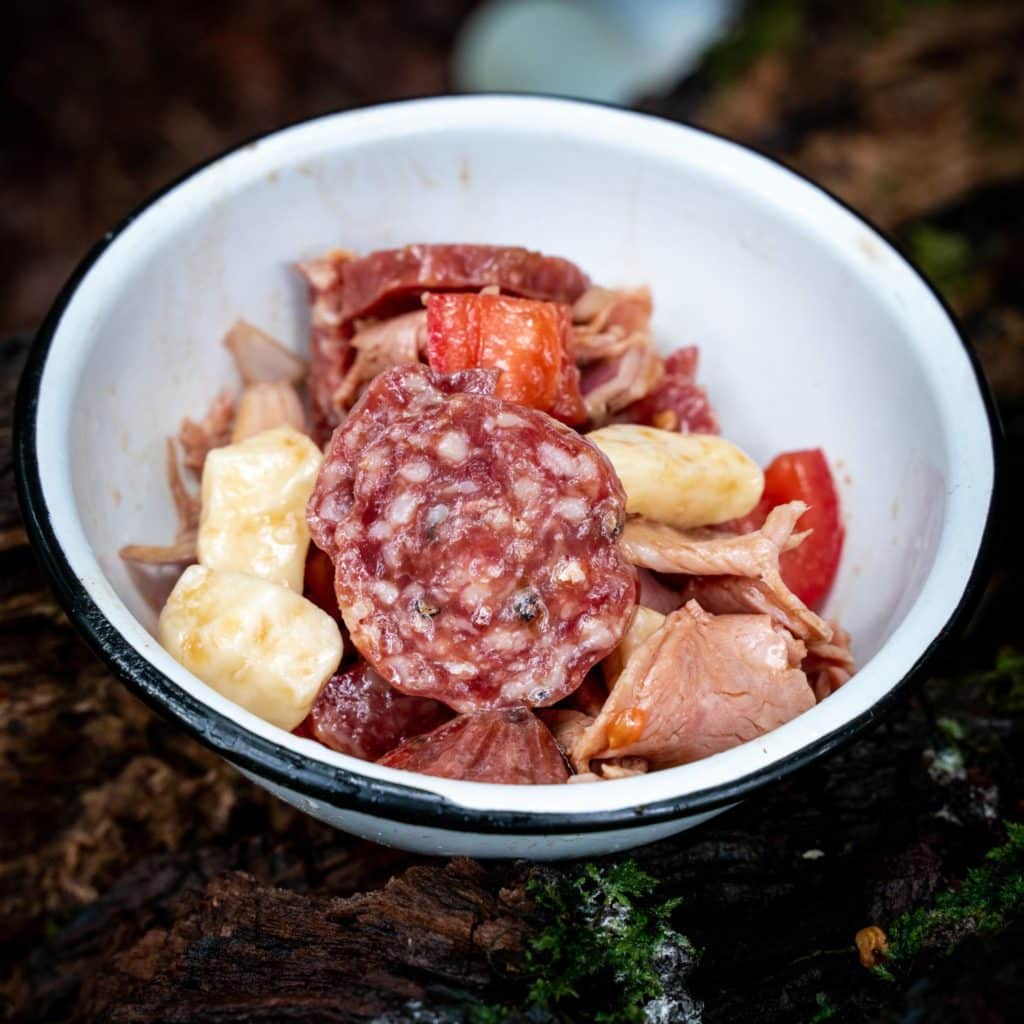
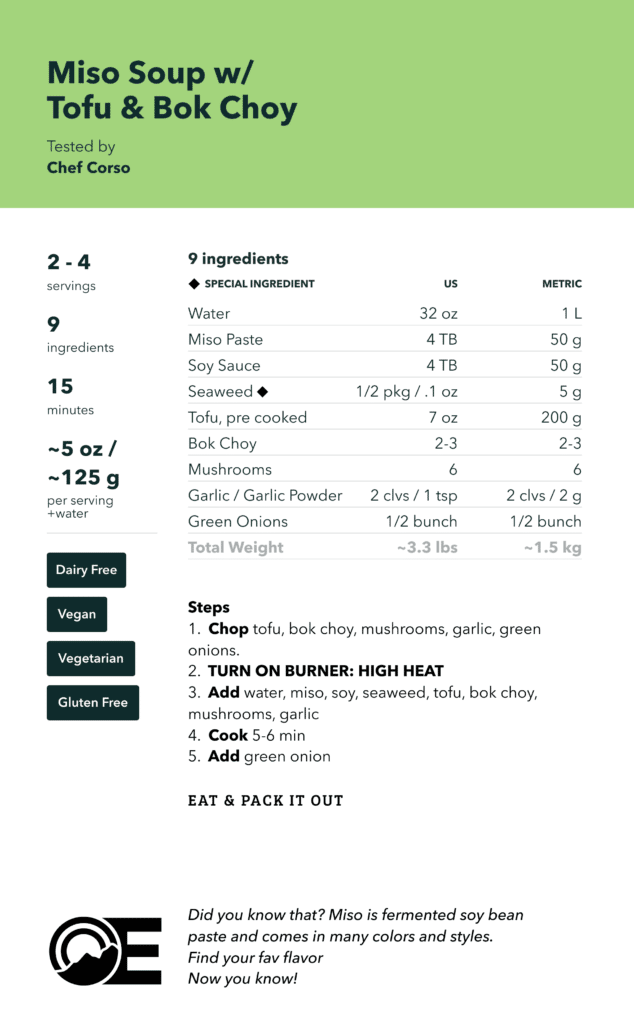
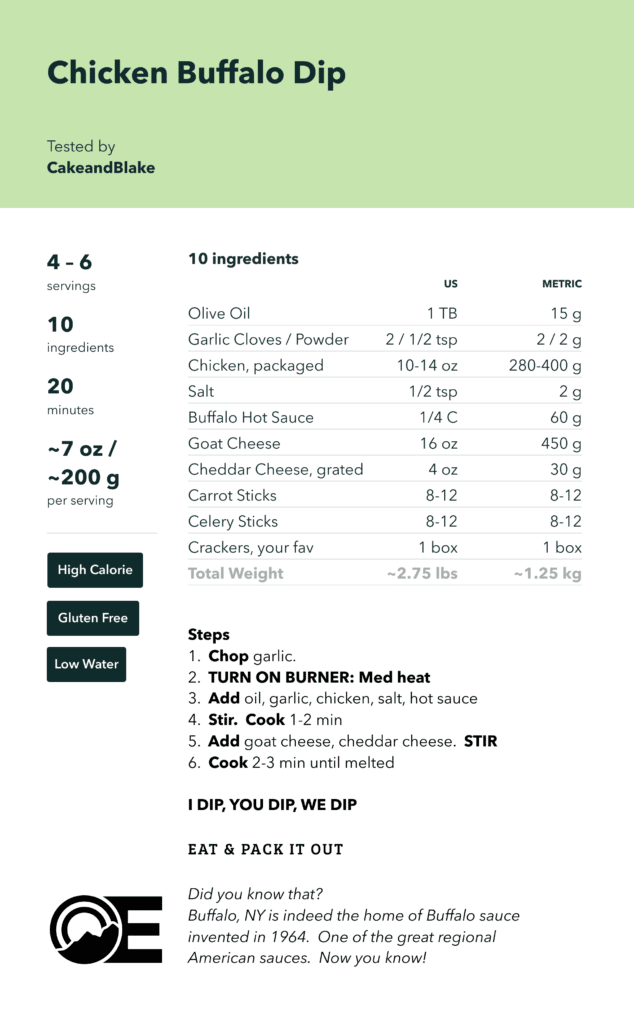
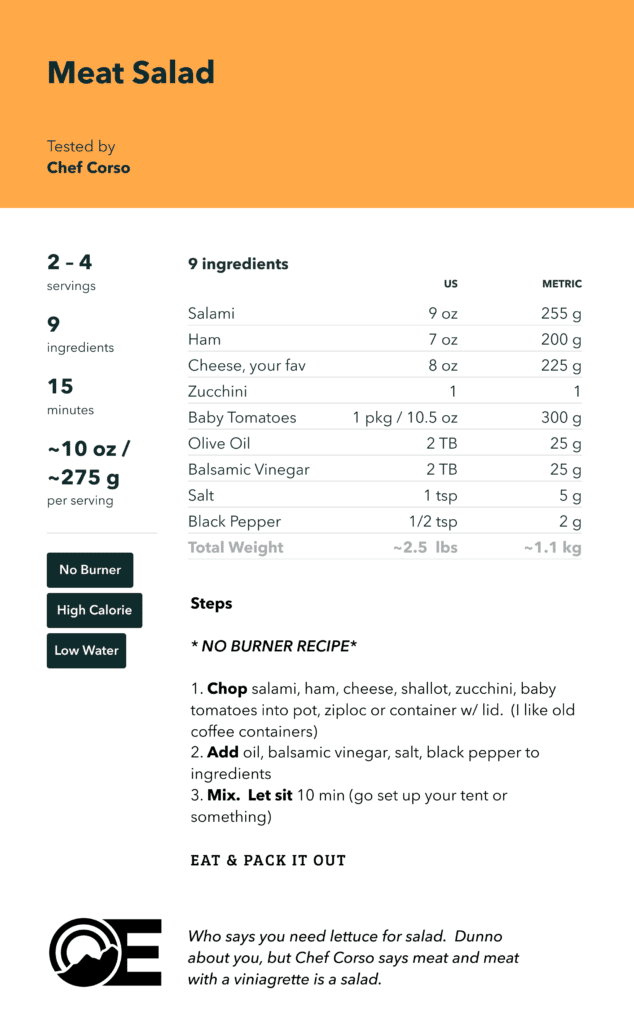
Check out other great low-carb options in the recipe bank.
Thanks for coming along for my dietary journey. I enjoyed the experiment to see how my body reacted as well as exploring some different recipes with a different and limited panty. Keto can be a great option for you but it does take some very focused and dedicated meal planning inside or outside and a large amount of willpower as there are A LOT of tasty options knocking on your door that don’t help you stay on plan.
However you’re eating…get out there!
Bocaboca
Categorized in: Food, How-To Cooking, News

